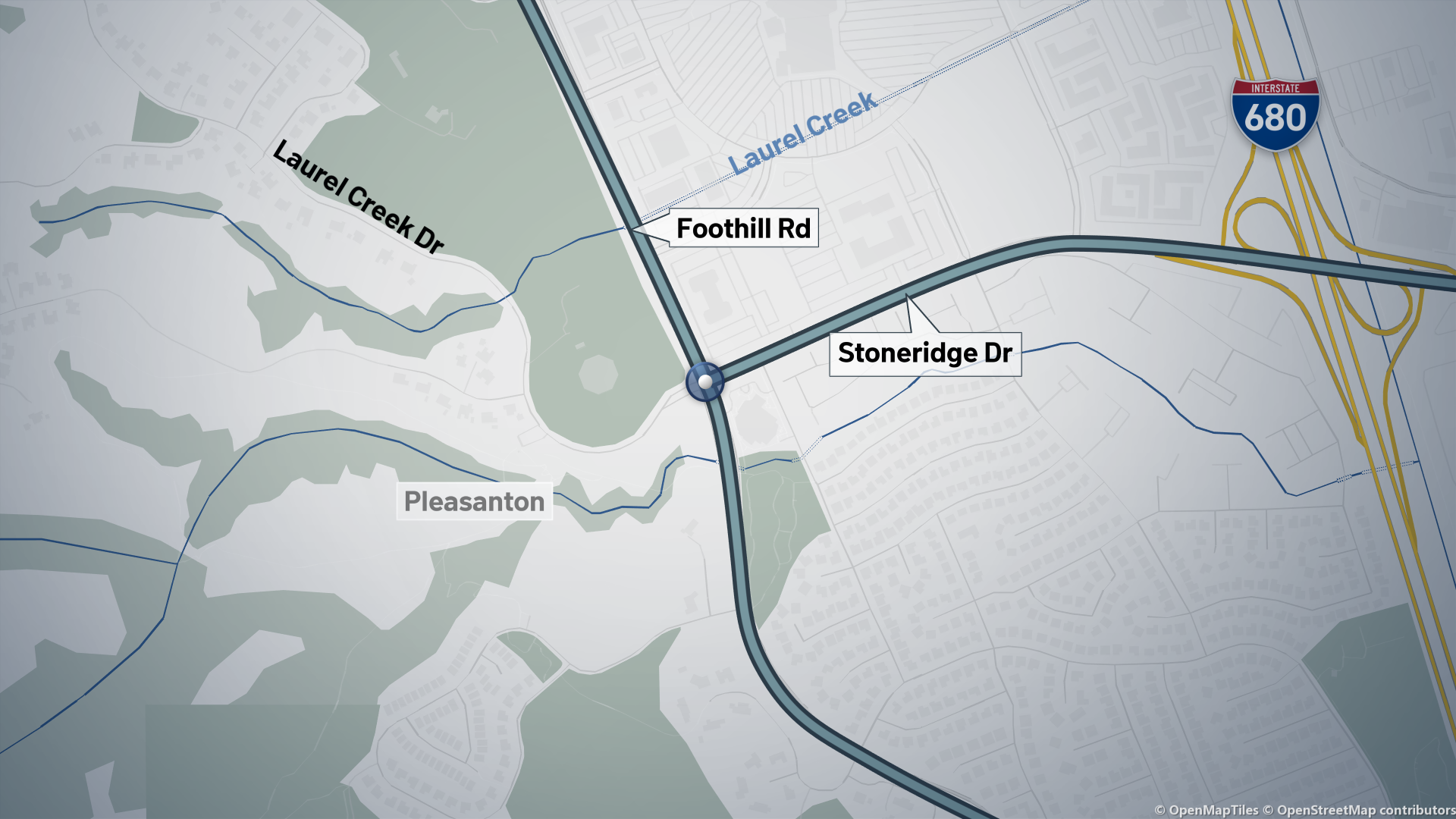The International Consumer Electronics Show, the largest trade show in the U.S., opens this week in Las Vegas with a full slate of giant TVs and inventive gadgets, despite the pall of a recession hanging over the industry.
The economic downturn will temper the normally dizzying extravaganza, and some attendees are wondering if the whole technology trade show business is past its peak.
"I'm talking to the companies who are sending people, and they're sending two instead of 10," said Forrester Research analyst James McQuivey. "It's going to be a shadow of itself."
Last year, 140,000 people went to the show, and there were 2,700 exhibitors. The Consumer Electronics Association, which is hosting, expects the same number of exhibitors this year for the 42nd annual show, but on a slightly smaller floor space: 1.7 million square feet, or about 29 football fields. That's down three football fields from last year.
Jason Oxman, senior vice president of industry affairs at CEA, said several companies have asked to buy meeting-room space, rather than booths on the showroom floor. They're more focused on meeting customers and doing business than putting on large displays, he said.
That fits with a cooler economic climate. The booths are chapels to conspicuous consumption where companies one-up each other with bigger and badder gadgets, like the 150-inch plasma TV Panasonic Corp. displayed last year.
Oxman expects more than 130,000 attendees, based on the number who have registered. But registering was free before Oct. 31 (it's now $100), and companies wanting to save on airfare and hotels may be deciding not to follow up on their registrations.
Local
"We're still viewing CES as a major event for the industry and a launch point," said Tim Alessi, the director of product development at the U.S. arm of South Korea's LG Electronics Inc. The company will be showing 35 new LCD TV models, among other products. But at the same time, LG is looking at how many employees it really needs to send, and Alessi expects the number to be down slightly from last year.
"That said, we still have a huge booth staff and a lot of dealer and partner meetings set up," Alessi said.
Alessi doesn't expect the economic downturn to be reflected much in LG's product lineup. It won't suddenly be emphasizing smaller TVs, for instance. Nor will the economy likely have a big effect on what other manufacturers are showing, in large part because consumer spending was relatively healthy until late in the year, and companies haven't had time to adjust.
It wasn't until the holiday shopping season, after the credit crunch had turned into a full-blown crisis, that consumers really pulled back. U.S. sales of electronics and appliances fell almost 27 percent from Nov. 1 to Dec. 24 according to SpendingPulse, a division of MasterCard Advisors, though appliances probably saw a greater decline than electronics. Sales of TVs and laptop computers held up relatively well, according to NPD Group, but there was no new product category to energize the market like GPS units did the year before.
And with no quick economic recovery in sight, industry watchers expect gadget makers' pain to continue. Research firm DisplaySearch sees sales of flat-panel TVs falling in 2009 for the first time since they appeared on store shelves a decade ago. Industry bellwether Sony Corp. said in December that it would cut 8,000 of its 185,000 jobs, shut plants and reduce its investment in electronics.
But McQuivey, the Forrester analyst, sees more than a temporary economic slump affecting CES.
It used to be a good way to announce new products that would then launch later in the year, but in today's more-competitive industry and media environment, products need to go sale as soon as they're announced, to capitalize on buzz, he believes.
"It's almost like the industry is starting to recognize that these large-scale events are not how you release products," he said.
The number of exhibitors at Germany's CeBit, the world's largest technology trade show, declined to 5,845 last year, from 8,106 in 2001.
Apple Inc. shocked many fans when it said Chief Executive Steve Jobs would not appear at the Macworld Conference & Expo show this week, and that the company itself would not exhibit at the show in the future.
"Apple is reaching more people in more ways than ever before, so like many companies, trade shows have become a very minor part of how Apple reaches its customers," it said in a statement.
The reduced importance of Macworld, which is held in San Francisco, actually looks set to benefit CES. The two shows have traditionally been held around the same time, and often overlapped, frustrating people who wanted to attend both. This year, Macworld starts Monday and runs through Friday, while CES starts with press conferences Wednesday and goes through Sunday.
It wouldn't be the first time CES benefited from the troubles of another trade show. The premier tech show in the U.S. used to be the computer-focused Comdex, which was also held in Las Vegas. But the collapse of the Internet boom and declining interest from exhibitors forced it to close after 2003.
Computer companies moved to CES instead, and have remained. Hewlett-Packard Co., Dell Inc. and Intel Corp. are mainstays of the show. Microsoft Corp. co-founder Bill Gates traditionally kicked off the show with a keynote speech, but with his withdrawal from active work at the company, Chief Executive Steve Ballmer is replacing him this year. Details on the company's next operating system, Windows 7, are expected in Wednesday night's speech.
With support like that, and a notable lack of competition when it comes to other big technology shows in the U.S., CES has a good chance to weather the stormy economy, even if it has to pull in its sails.



